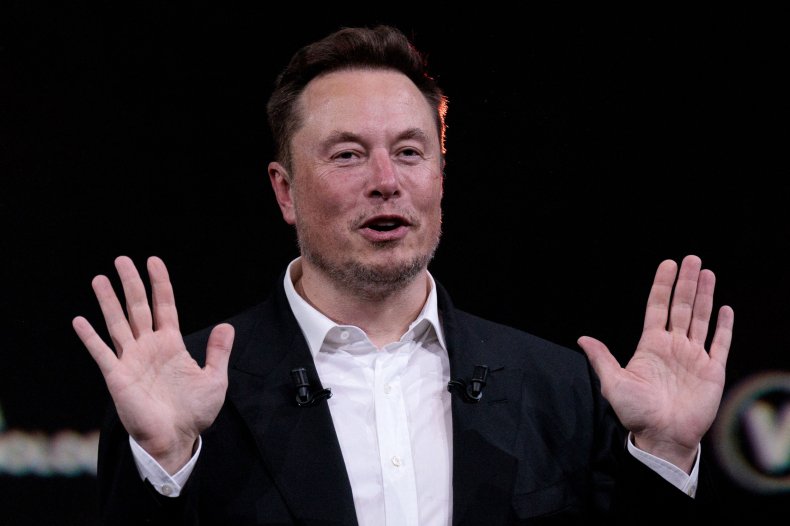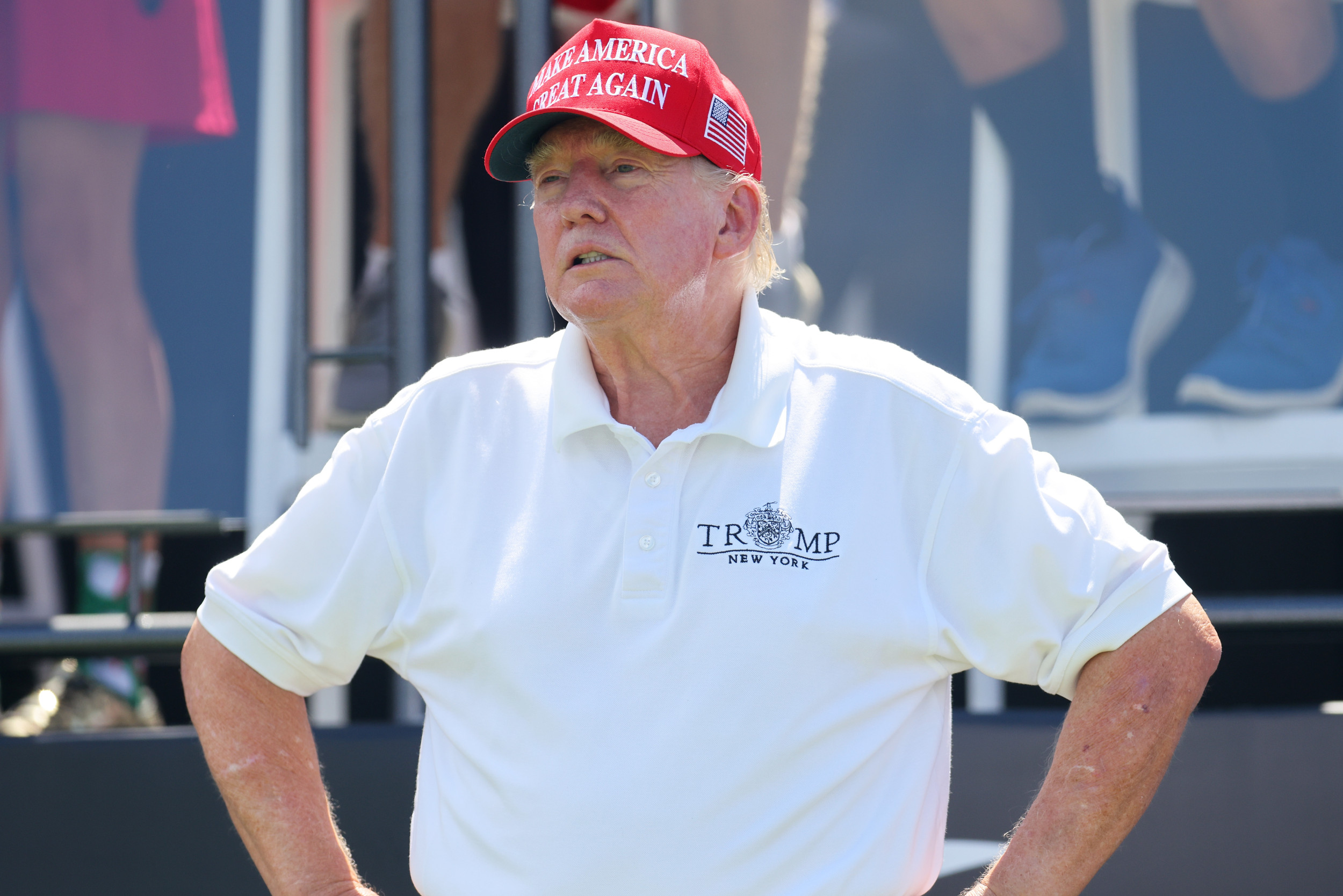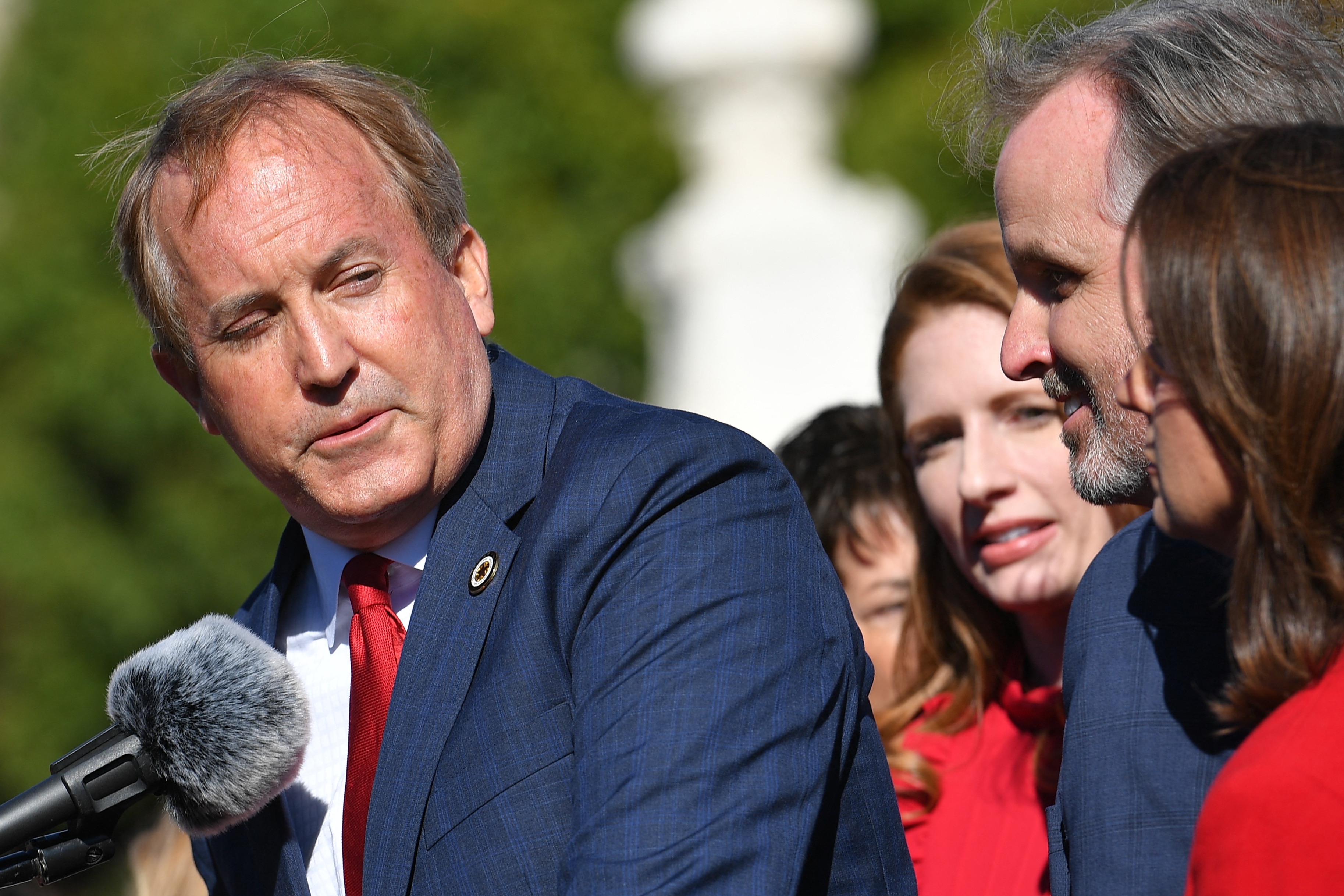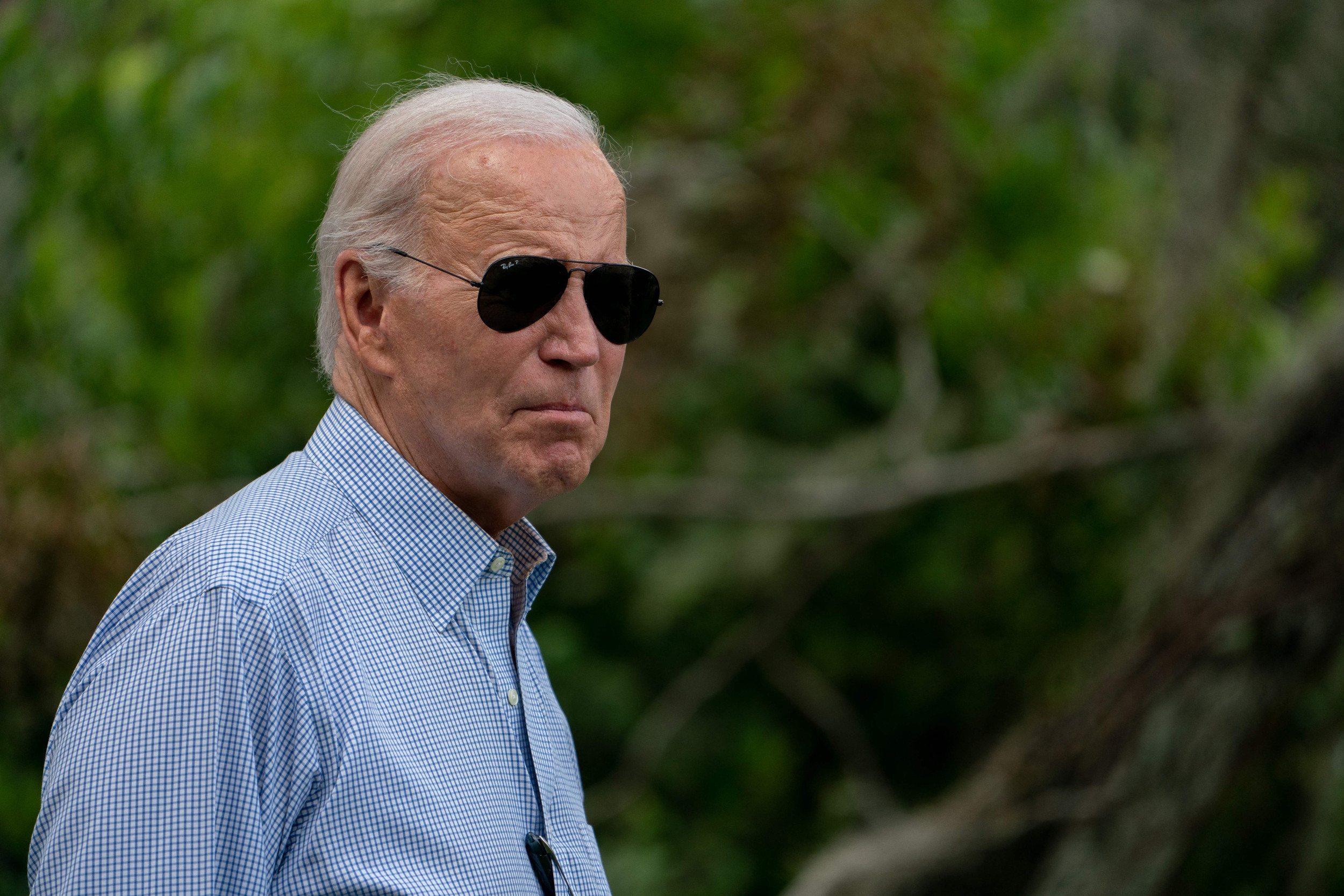Elon Musk, CEO of Tesla and Twitter, has decided to publicly pick a feud with the Anti-Defamation League (ADL), a Jewish organization founded in 1913 to combat the defamation of the Jewish people. Just hours after the ADL's CEO, Jonathan Greenblatt, was invited to meet with X CEO Linda Yaccarino, the hashtag #BanTheADL started trending on the platform, fueled by figures including far-Right activist Keith O'Brien, former MMA fighter Jake Shields, and Hitler-loving white supremacist Nick Fuentes.
Musk himself amplified the call, engaging with these contemptible characters and causing their tweets to go viral. After O'Brien, the self-described "best friend" of Nick Fuentes, accused the ADL of extortion, Musk wrote that the "ADL has tried very hard to strangle X/Twitter."
ADL has tried very hard to strangle X/Twitter
— Elon Musk (@elonmusk) September 1, 2023
He also responded to Alex Jones' description of the ADL as the "most pro-Hitler organization" he's ever seen, calling the ADL "the biggest generators of anti-Semitism on this platform!" and blaming the ADL for "most of our revenue loss" after the ADL put "pressure on advertisers."
The hashtag and tweets generated an avalanche of antisemitic posts, which continued throughout the weekend. With Elon Musk jumping head-first into these murky waters, #BanTheADL brought out a torrent of antisemitism that had apparently been bubbling just beneath the surface.
Of course, you can have a legitimate debate around the ADL and its impact. As a conservative, it's not lost on me that the ADL long ago lost its claim to being a non-partisan actor. These days, the ADL's policy positions are indistinguishable from those of the Democratic Party. The ADL is indeed a partisan entity that has gone far beyond its original mission and routinely engages in attacks on free speech. In the same way that criticism of Israel isn't necessarily antisemitic, it's wrong to argue that all criticism of the ADL is also antisemitic.
And yet, the #BanTheADL campaign piloted by Fuentes and his cronies proves that the lines between objective criticism and thinly-veiled antisemitism are blurry at best, and non-existent at worst.
After all, one of the most common antisemitic tropes is the idea that Jews are to blame for their own persecution, and collectively control American institutions through financial dominance. Sound familiar? Perhaps unwittingly, this is exactly what Musk accused the ADL of.

It's especially egregious for Musk to amplify a hashtag banning an organization given that Musk presented his purchase of Twitter, now X, as a virtuous act in defense of free speech. If Musk is truly a free speech absolutist, why does this apply to open antisemites on his platform (as it should), but not organizations that work to oppose his policies?
The answer is, because it drives engagement. In the case of #BanTheADL, the unfortunate reality is that stoking antisemitism gets the clicks.
I do not believe Elon Musk is an antisemite, but that doesn't mean he can't be guilty of stoking antisemitism. By engaging with white supremacists, conspiracy theorists and antisemites on the admittedly contentious subject of the modern ADL, Musk is doing just that—while boosting engagement at the same time.
The ADL is hardly the only activist group lobbying social media platforms to address areas of concern, real or imaginary, and it's far from the most influential or financially powerful. But while #BanTheADL continues to trend, #BanTheSPLC, #BanTheACLU, and #BanCAIR are nowhere to be found.
What we have is yet another case of a legitimate debate hijacked by determined bad actors driven by the conspiratorial fantasy of Jewish power over American life. And Musk is getting millions of impressions on his website thanks to the controversy.
Ian Haworth is a columnist, speaker and host of "Off Limits". You can follow him on X at @ighaworth. You can also find him on Substack.
The views expressed in this article are the writer's own.








